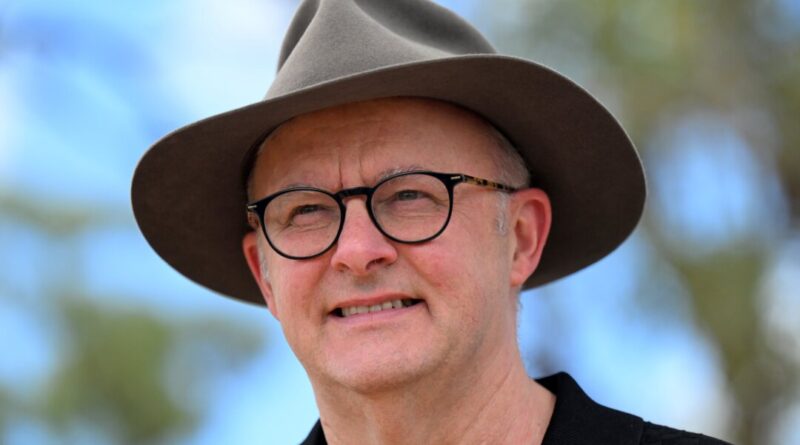Criticism Arises Over Prime Minister’s $4 Million Cliffside Property during Housing Crisis
Assistant Treasurer Stephen Jones defended the prime minister, emphasizing that the focus should be on housing policy rather than his personal property purchase.
Prime Minister Anthony Albanese’s recent acquisition of a lavish four-bedroom home on the Copacabana cliffside has sparked discussions in political circles and among the general public.
With stunning ocean views and a distant sight of Sydney’s skyline, the $4.3 million (US$2.8 million) property has come to symbolize the widening gap between Australia’s political elite and regular citizens struggling to enter the housing market.
Amid a deepening housing crisis, the timing of the purchase has drawn harsh criticism from both opposition figures and some within Albanese’s own party.
A Personal Matter?
While Albanese and his fiancée have characterized this as a personal issue—a home bought before their impending marriage—many political analysts and adversaries argue that the symbolism cannot be overlooked.
In a political environment where optics often overshadow substance, acquiring a high-end property during a severe housing affordability crisis is seen by some as a potential misjudgment.
Assistant Treasurer Stephen Jones has supported the prime minister, asserting that the primary focus should be on the government’s housing policy rather than the personal decisions of its leader.
“The housing policy we are concentrating on is our Help to Buy scheme, which is currently stalled in the Senate,” Jones stated in a radio interview.
He acknowledged that while privacy is crucial, scrutiny is inherent to holding high office, but stressed that the housing crisis demands genuine, substantive solutions, not diversions.
Opposition’s Criticism
As expected, opposition figures have also weighed in on the controversy.
Deputy Opposition Leader Sussan Ley wasted no time in criticizing Albanese, alleging that the prime minister is “out of touch” with the struggles faced by ordinary Australians.
“I’m not surprised Mr. Albanese is facing criticism for being out of touch with ordinary Australians who are really struggling,” she commented on Sky News.
She accused the government of being oblivious to the pressures Australians face, particularly during the lead-up to Christmas, when financial strain is heightened.
Senator Jane Hume, the Coalition’s finance spokeswoman, took an even firmer stance, labeling the property purchase as “tone deaf” in the midst of a national housing crisis.
“I have a problem with the timing, and this is tone-deaf during a housing crisis,” Hume remarked in an interview with Seven’s Sunrise.
David Littleproud, leader of the Nationals, went as far as implying that the purchase might indicate Albanese’s intention to retire from politics.
“I hope that through popular demand, in six months, he gets to use it because he will be retired by the Australian people,” Littleproud shared with ABC News.
However, he did offer a compliment, acknowledging that Albanese had made “smart decisions” and should not solely be judged for his personal financial choices.
Albanese’s Response
In response to the mounting criticism, Albanese recognized his privilege in being able to afford such a property but rebuffed claims of disconnect from ordinary Australians.
Speaking to reporters, he highlighted his humble upbringing, growing up in public housing.
“My mum lived in the same public housing unit for all of her 65 years, and I understand, which is why I aim to assist all Australians in obtaining a home,” stated Albanese.
The prime minister swiftly redirected focus to his government’s policies aimed at addressing the housing crisis, pointing to the Help to Buy scheme, rental assistance programs, and the Housing Australia Future Fund as essential measures designed to tackle housing affordability.
“These are the policy challenges, and honestly, the other matters, no matter how attention-grabbing, will not advance the issue of housing affordability,” he concluded.



